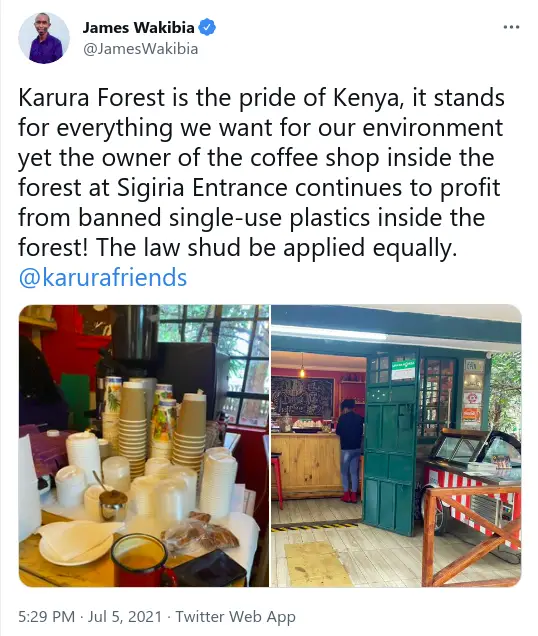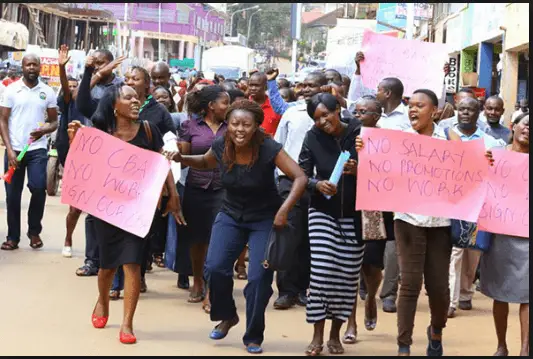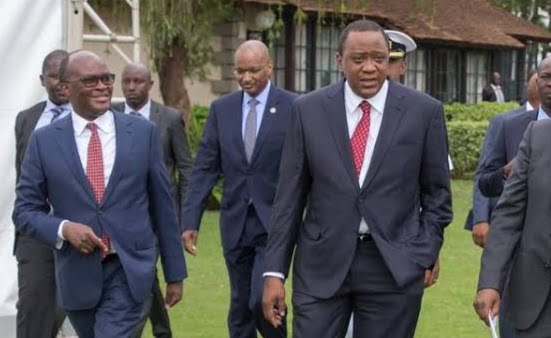
A hotel situated within Karura Forest is under fire for reportedly contributing to pollution within the country’s most popular urban park.
This accusation was first raised by Kenyan Environmental Activist and Photojournalist James Wakibia who through his verified Twitter account revealed that the coffee shop in the middle of the forest has been profiting from the banned single-use plastics inside the forest.
“Karura Forest is the pride of Kenya, it stands for everything we want for our environment yet the owner of the coffee shop inside the forest at Sigiria Entrance ! The law shud be applied equally,” he wrote.
In a follow-up post, Wakibia went on to expound on what the banning of single-use plastics within the park exactly means.
As per rules set out by the National Environment Management Authority (NEMA), the following items constitute banned single-use plastics.
1. Cutlery, plates, straws and stirrers
2. Food containers
3. Cups for beverages
4. Beverage containers (PET bottles)
5. Bags
6. Crips packets, sweet wrappers, bread bags and confectionery wrappers
etc.
Under the replies section, it was interestingly revealed that the coffee shop in question known as “The River Café” is in fact owned by the wife to Kenya Forest Service (KFS) board chairman Peter Kinyua.
This was actually first confirmed by the KFS board chairman when he was invited to appear before the National Assembly’s environment committee in 2018.
In a clear case of conflict of interest, Mr Kinyua told MPs that his spouse Mrs Sophie Kinyua was the proprietor of the Café that is frequented by a high-end clientele.
This was in response to a question by Charles Were of Kasipul Kabondo who asked the hotel’s owner.
In his defence, Kinyua argued that his wife had been running the hotel a year and a half before he was appointed as Chairman of the Board.
On their official website, The River Café describe itself as an al fresco, all-day dining restaurant which boasts of “panoramic forest views, with wide, open spaces and high ceilings.”
Conservationists have in the past raised concerns over the existence of the café saying that the area where it stands was in 2014 designated as a place where indigenous trees would be planted, which led to the felling of trees and space cleared for the project.
Karura is also a symbol against land-grabbing, having been saved from developers to become the world’s second-largest forest that is fully within city limits,
The forest narrowly escaped destruction in the late 1990s when, crawling with bandits and ravaged by logging, developers gifted parcels of forest to politically connected elites.
But thanks to Wangari Maathai who rallied religious leaders, lawyers and students to Karura’s defence, the forest survived.






















































